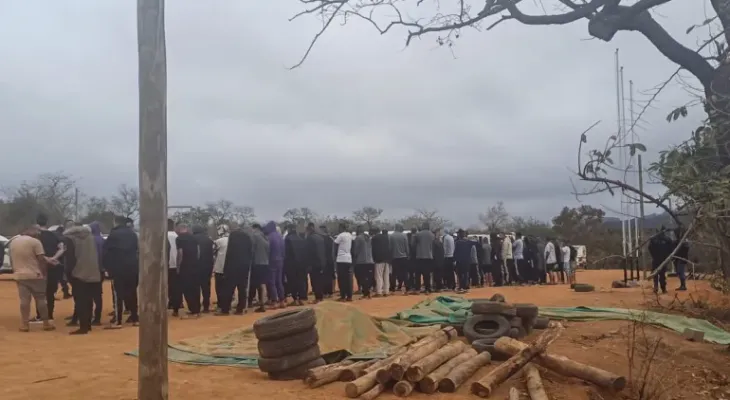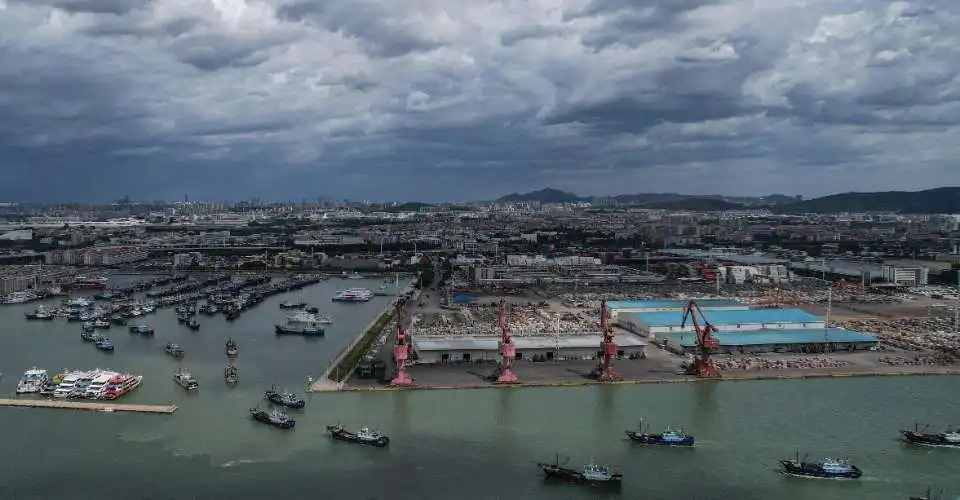
Like many in rural areas, where public transport options are limited, they are reliant on their cars and have seen fuel costs soar in recent weeks.
The price of heating their homes is also rising – most rely on electricity and heating oil and don’t have access to mains gas, which is much cheaper.
It means fuel poverty levels in the Western Isles and Highland council areas are the worst in Scotland, according to Energy Action Scotland.
In South Uist in the Western Isles, residents are well used to spending a little bit more than their mainland neighbours on everyday essentials.
But in recent weeks the price of petrol has risen to £1.80 a litre and over the last few years the cost of filling a tank of heating oil has more than doubled.
Food and other essentials have also increased in price, and there is little option to shop around.
Hotelier Calum Macaulay said he was considering closing his business, the Lochboisdale Hotel, in the winter to keep costs down.
“We are totally reliant on the oil tank. But the cost to fill this tank now has doubled,” he said.
“At the usage rate of approximately 500 litres per month it is costing us over £500 just to keep the hot water running in the hotel.
“We have seriously got to look at the Lochboisdale as purely a seasonal operation.”
Islander Stewart Curtis said people on South Uist have a limited range of goods to pick from when they are doing their food shopping.
“On the islands we don’t have the option to shop cheaply,” he said.
And another island resident, Neil Campbell, who delivers medical supplies and needs his van for work, said in the last two weeks petrol and diesel costs had gone up by about 20p a week.
He said: “The cost of living is extortionate. In the shops there is a very poor selection of products but you’re paying through the nose for it.
“Here on the islands we pay more for fuel at the best of times. It is something we just have to live with.”
He added: “You just have to become more careful with whatever journeys you have to do. I don’t jump in the van and drive as much as I used to do.”






